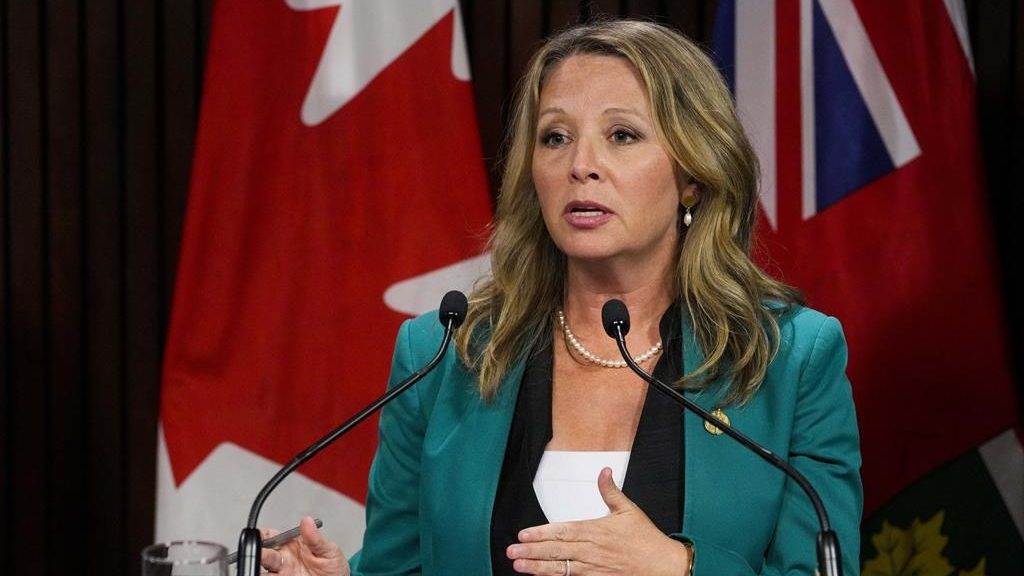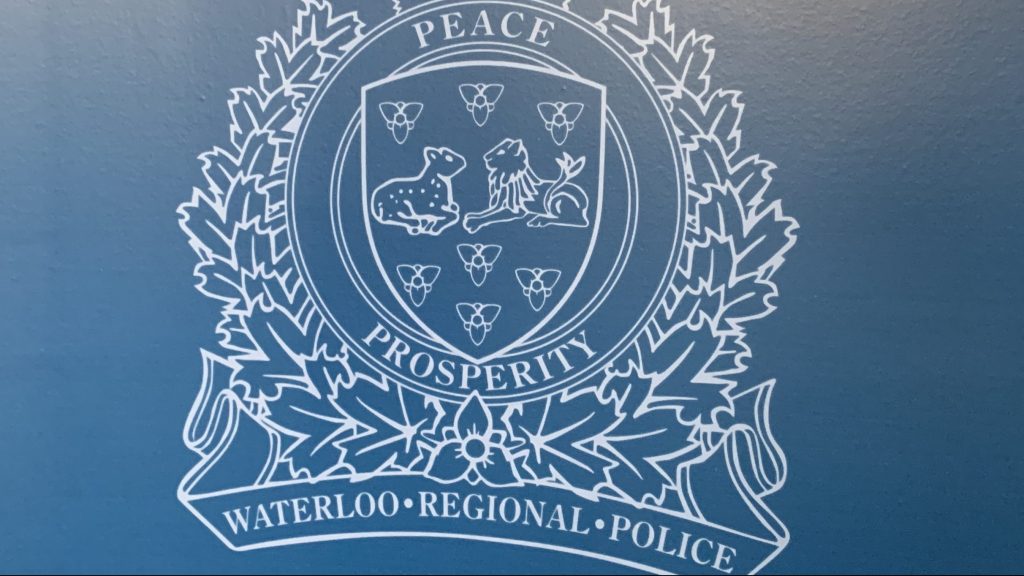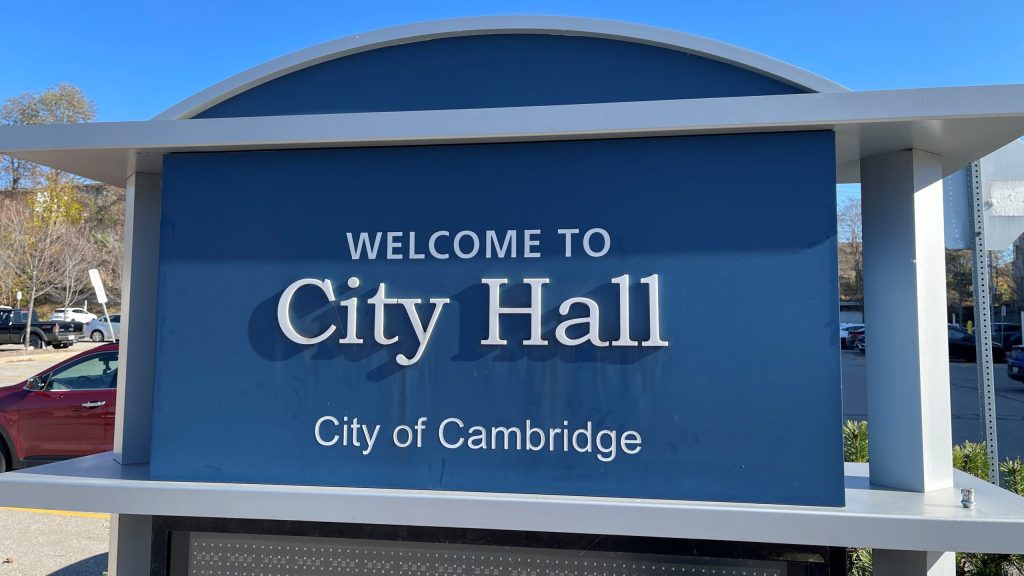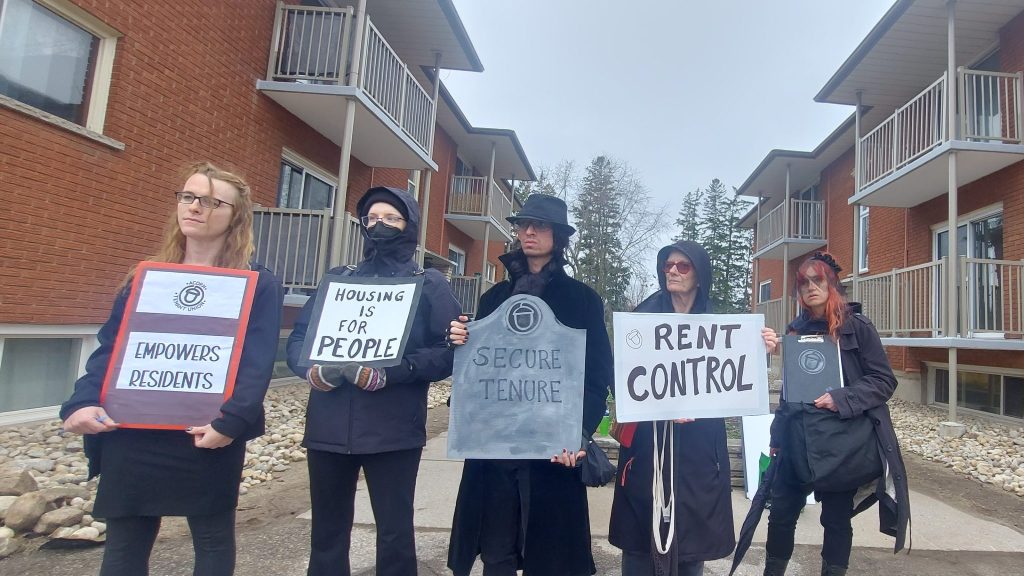‘Something has to give,’ says police chief on increase in service demand, calls for defunding
Posted Oct 26, 2020 10:15:00 PM.
There's no quick fix to complex issues, said Police Chief Bryan Larkin at Monday's Police Services Board meeting.
It comes as parts of the community have called for the reallocation of funds to social services, which are meant to prevent the root causes that lead to crime.
While Larkin has long championed those social services and does not believe police should be the first responders to mental health crises, he noted that provincial and federal regulation have to change before we see such a shift locally.
Policy changes like that take time.
“I think we also live in a world, and understandably so, of people who want quick fixes to very challenging solutions,” said Larkin. “What we're trying to right, what we're trying to improve, needs continued community dialogue and community input, board input, and other Regional department input. I do believe that if we can address poverty, housing, food insecurity, we can also have a long-term impact on crime, but it's not as simple as turning one tap off, turning the other on. It has to be a blended approach moving forward.”
The elephant in the room was the first iteration of the 2021 budget for Police, which came out as a roughly $8 million increase over last year.
Local advocates for the Black Lives Matter movement, however, have called for a $29.3 million reduction.
“That would actually equate to the loss and/or reduction of 216 police officers,” explained Larkin. “So, visually I'll put this into context. I want you to imagine that we would close the South and North Divisions, because that's where the 216 officers currently are. So, we would shut down our South Division, our North Division, potentially, and look at a centralized deployment model out of Central Division to provide policing to the Region of Waterloo.”
Larkin also pointed out that calls for increased education, training and scrutiny of officers represents a monetary cost. Many of the costs in next year's budget are also hard to move, being contractual obligations to employees or the rising cost of benefits.
Larkin also pointed out Regional Police's efforts in many areas of the community, and services they shoulder the cost of such as emergency calls to 911.
“We're the touchpoint with other emergency services,” he said, and expressed his regret that the service hasn't communicated all that they do to the public over the years.
“I don't think that the police service has received the public acknowledgement. There's a lot of things we're involved in, and we're actually spearheading and moving through. We've been in this dialogue for a decade plus, we were in this dialogue in 1997 when we had a constable building a community garden, and trying to actually solve disparities in a neighbourhood… Admittedly, our service has, in some ways, lost the commitment to engagement and community interaction. Not intentionally, just by demand, by judicial complexity, by call complexity. We need to get back on board, I own that. That's my responsibility.”
The police budget is still in the very early stages. Finance staff have been asked to come back to the Board on November 18 with two to four scenarios of budgets, such as those with cuts and without cuts, and their various consequences.










